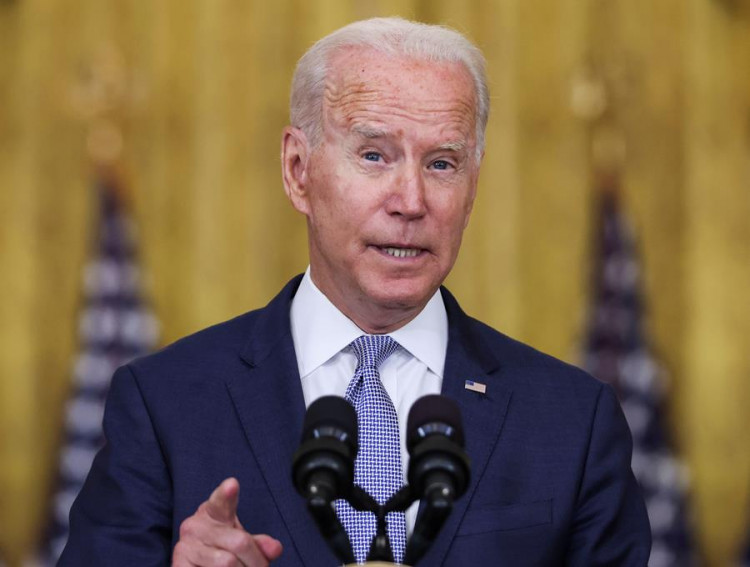President Joe Biden announced Friday that he is commuting the sentences of nearly 2,500 individuals convicted of nonviolent drug offenses, further solidifying his legacy as the U.S. president who has issued the most clemency actions in history. The decision comes just days before his term ends, underscoring his commitment to addressing sentencing disparities rooted in outdated policies.
"Today's clemency action provides relief for individuals who received lengthy sentences based on discredited distinctions between crack and powder cocaine, as well as outdated sentencing enhancements for drug crimes," Biden said in a statement. The president emphasized that the move was part of an ongoing effort to correct historical injustices, adding, "This action is an important step toward righting historic wrongs."
The announcement follows Biden's sweeping clemency actions in December, which included commuting the sentences of 1,500 individuals and granting pardons to 39 others. His record-breaking approach to clemency puts him thousands of cases ahead of his predecessors, including former Presidents Barack Obama and Donald Trump. Obama, who previously held the record, granted 1,715 commutations over two terms, while Trump issued 144 pardons and 94 commutations during his presidency.
Biden's latest clemency decision builds on legislative reforms such as the Fair Sentencing Act of 2010 and the First Step Act of 2018, which aimed to reduce disparities in sentencing for crack and powder cocaine offenses. These reforms lowered statutory penalties and allowed retroactive applications of reduced sentences. However, many individuals sentenced under earlier, harsher laws remained incarcerated.
"This action is an important step toward righting historic wrongs, correcting sentencing disparities, and providing deserving individuals the opportunity to return to their families and communities after spending far too much time behind bars," Biden stated. His decision has been hailed by advocates for criminal justice reform, who argue that harsher penalties for crack cocaine disproportionately impacted communities of color.
The clemency actions have not been without controversy. Biden has faced bipartisan criticism, particularly for his decision to pardon his son, Hunter Biden, for all crimes "committed or that may have been committed" between January 2014 and December 2024. Hunter Biden's legal troubles, which included convictions for gun and tax crimes, had already drawn significant public attention.
Additionally, Biden commuted the sentences of 37 individuals on federal death row, sparing them from execution and converting their sentences to life imprisonment without parole. The decision to clear nearly the entire federal death row roster has drawn sharp criticism from some lawmakers and advocacy groups, with detractors arguing that such actions send mixed messages about accountability.
Despite the backlash, Biden remains unapologetic about his record on clemency. "With this action, I have now issued more individual pardons and commutations than any president in U.S. history," he said. He indicated that additional clemency decisions could be made before his final day in office on January 19.
Friday's announcement also highlights the broader clemency backlog. According to the Department of Justice, nearly 6,625 cases are still awaiting commutation, while 1,947 individuals are awaiting pardons after completing their sentences.






